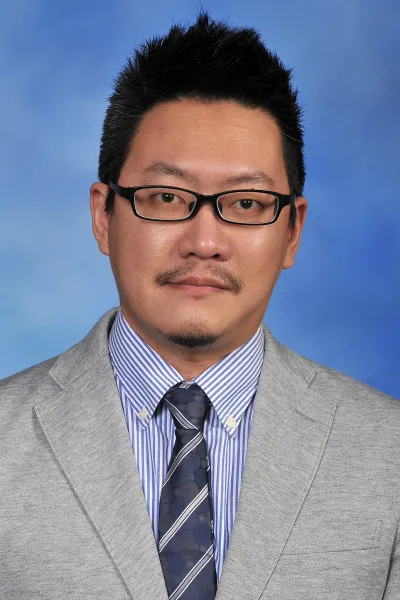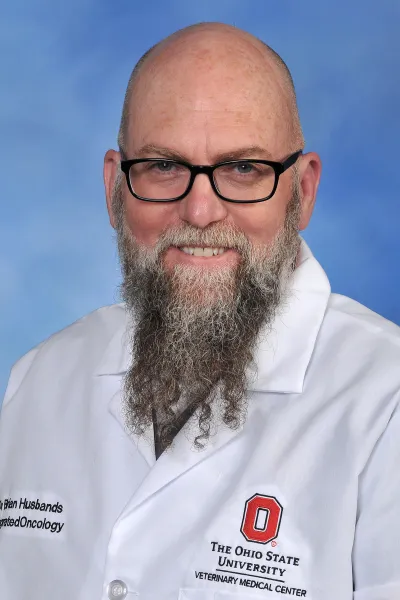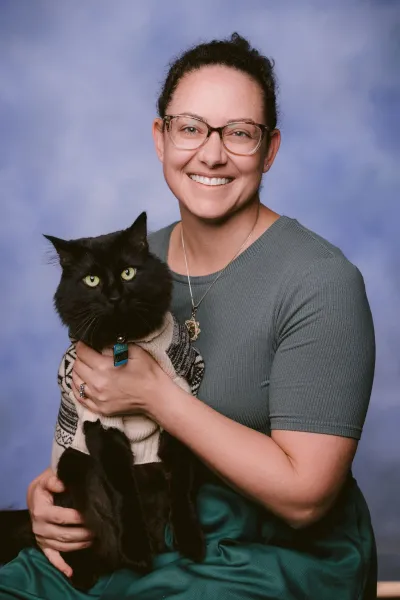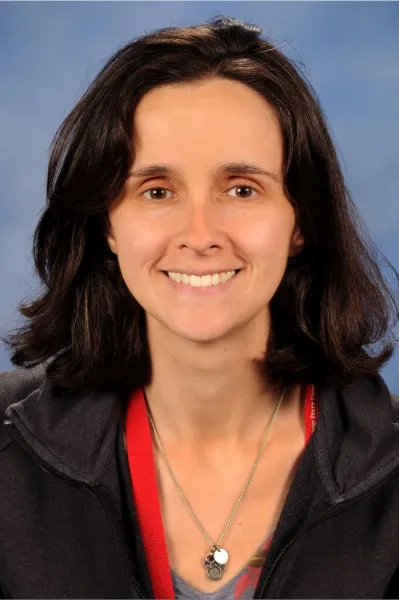Medical Oncology Residency
Introduction
The Veterinary Medical Center and Department of Veterinary Clinical Sciences offers a post-DVM residency program in Medical Oncology that provides advanced clinical training and specialization in the diagnosis and treatment of cancer in small animals under the supervision of over 40 board-certified specialists. Faculty are nationally and internationally recognized leaders in their respective fields. The standard program is a 3-year residency program leading to a Certificate of Residency.
Additional Residency Resources learn more about our veterinary health system
Objectives
The objectives of the program are for the resident to:
- Develop comprehensive, state-of-the-art expertise and proficiency in clinical oncology;
- Satisfy the criteria necessary to qualify for Board Certification, and to prepare the resident for successful completion of the American College of Veterinary Internal Medicine (ACVIM) Specialty Certification Examination (Oncology);
- Prepare for future career goals of teaching, clinical research, scientific publication, or specialized practice
Our Team
Employment and Benefits
For a full list of benefits, see the Residency Program Handbook
- Salary
- Health insurance
- Travel allowance
- Personal + Professional days leave (from policy)
- External consultation and employment
- Licensure
- Tuition assistance
Prerequisites and application
- All potential residents must meet the minimum requirements and qualifications (see Residency Program Handbook)
- Applicants must be either U.S. citizens or permanent residents of the U.S. the Ohio State University cannot sponsor or process F, J, or H-1B visa applications for resident positions. We also cannot accept TN visas. Successful applicants must be available to report to The Ohio State University Department of Veterinary Clinical Sciences no later than the scheduled beginning of the program.
- Applicants must be graduates of an AVMA-recognized College or School of Veterinary Medicine and have completed a one-year rotating internship or acceptable equivalent clinical experience.
- All requirements must be met to hold and maintain a limited license to practice Veterinary medicine in the State of Ohio – click here for information on licensure requirements.
- Currently admission requirements include:
- a minimum 3.0 GPA for all undergraduate coursework
- a minimum 3.0 GPA for professional (veterinary degree) studies;
- a minimum 3.3 GPA for all graduate coursework;
Clinical Service responsibilities
Program rotations are designed to ensure development of clinical competence in a broad range of specialties. Residents spend most of their time in medical oncology, with additional rotations in radiation oncology, radiology, internal medicine, clinical pathology and anatomic pathology. Elective rotations through other areas such as cardiology, neurology, anesthesiology, surgery, and emergency/critical care may be arranged during the 3-year program. Clinical rotations facilitate development of clinical proficiency, clinical skills, and knowledge of medicine through exposure to a wide variety of cases at all levels of complexity. This goal is facilitated by location of the teaching hospital in a large metropolitan area that provides a rich variety of case material as well as a referral base that includes Ohio, Indiana, Pennsylvania, Kentucky, West Virginia, and Michigan. Case management is carried out with the guidance and collaboration of experienced faculty who are recognized experts in their respective fields. State-of-the-art equipment and facilities are available to develop technical expertise in diagnostic and therapeutic procedures.
Teaching responsibilities
Teaching responsibilities include clinical teaching of senior and junior veterinary students assigned to the resident’s ward or emergency service. Residents also participate in teaching small animal technical skills to veterinary students during laboratories.
Educational opportunities
Specialty seminars, conferences, and journal clubs are available to residents. Required scheduled journal club and book club provide an opportunity for residents to enrich their clinical problem-solving skills. Residents also have the option to enroll in a concurrent Master's program.
Research and scholarly activity
- Original research or clinical investigation leading to scholarly publication is required. To facilitate research opportunities, residents are given off-clinic rotations during which they are free from scheduled clinical duties and case responsibilities. This time is provided to allow pursuit of course work, independent study, research, publication, or other elective endeavors.
- Each resident must submit at least one scholarly paper to a refereed journal prior to completion of the residency program. Each resident must present at least one formal paper at a state or national veterinary meeting or to the small animal faculty prior to completion of their program. Residents are expected to prepare and submit their research for publication.
Updated 9/8/22
Contact Us
Specific questions regarding the program may be directed to:
William C. Kisseberth, DVM, PhD, DAVCIM (Oncology)
Medical Oncology Residency Program Director
Phone: 614-292-3551
Email: kisseberth.2@osu.edu
For general inquiries, please contact the VCS Education Program Coordinator:
Chelsea Souder
VCS Education Program Coordinator
Phone: 614-688-0332
Email: Souder.60@osu.edu














